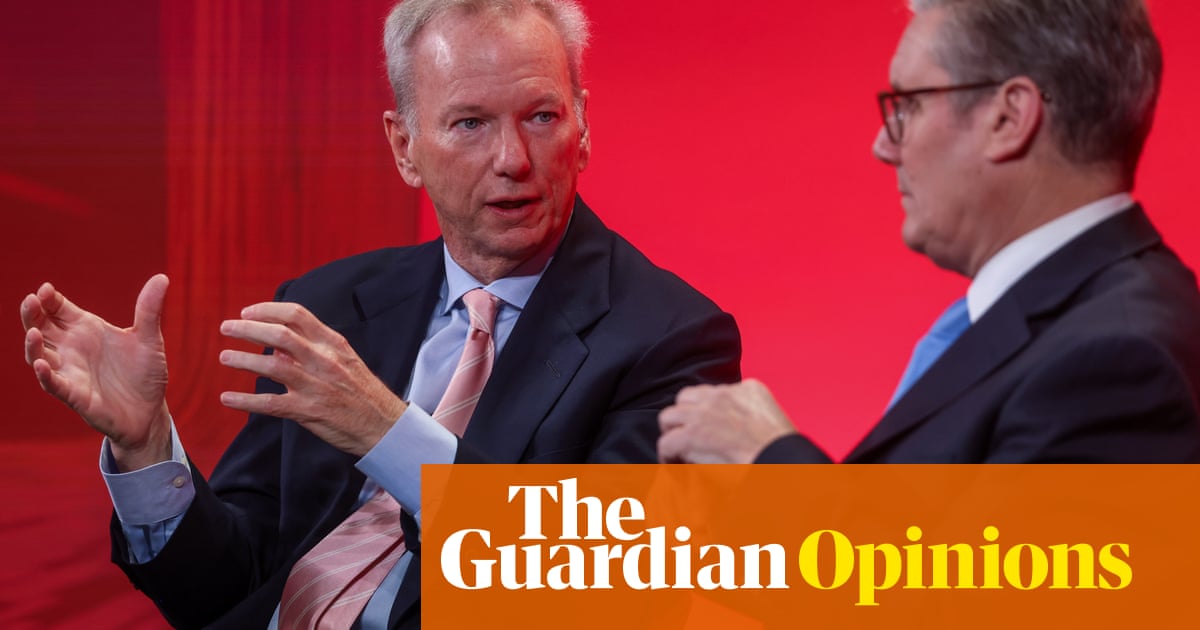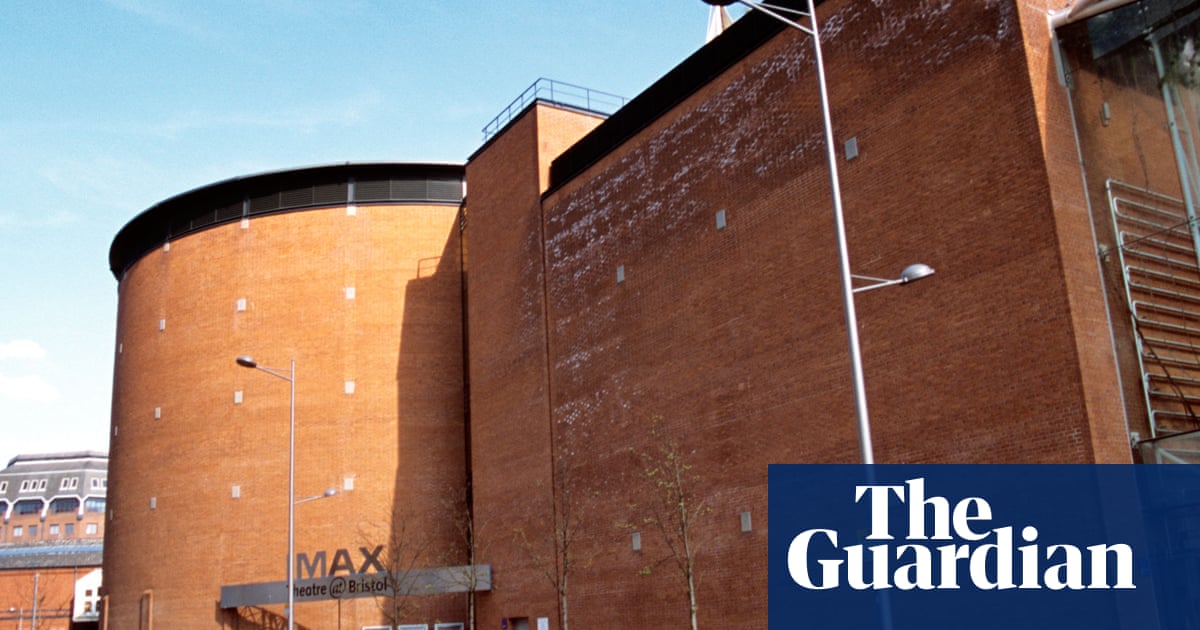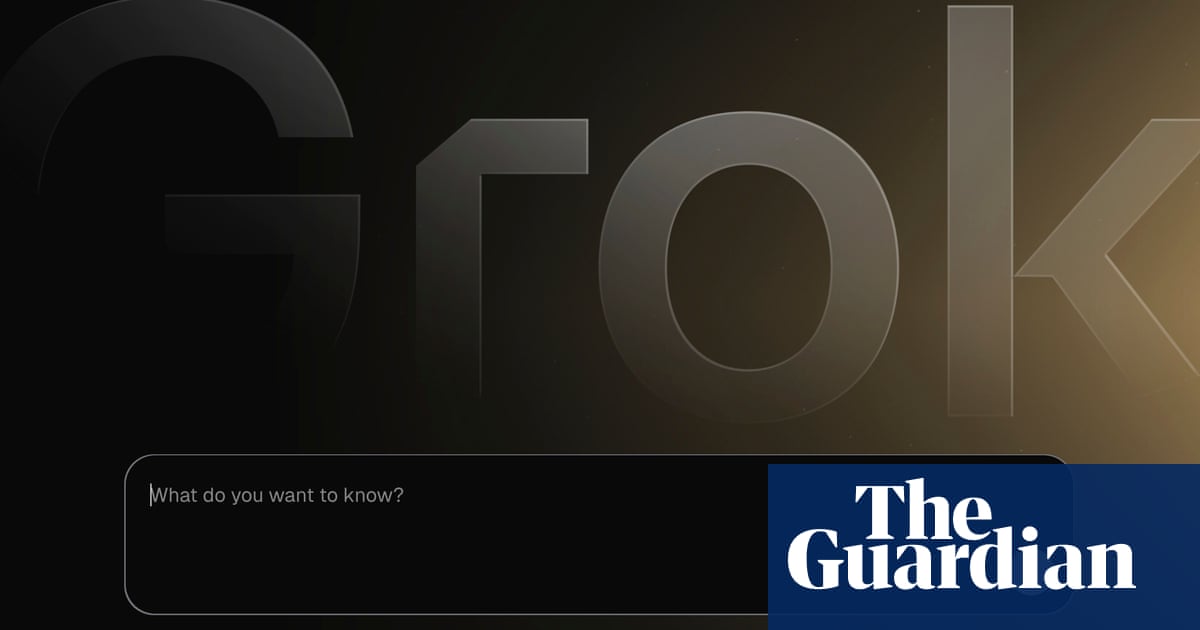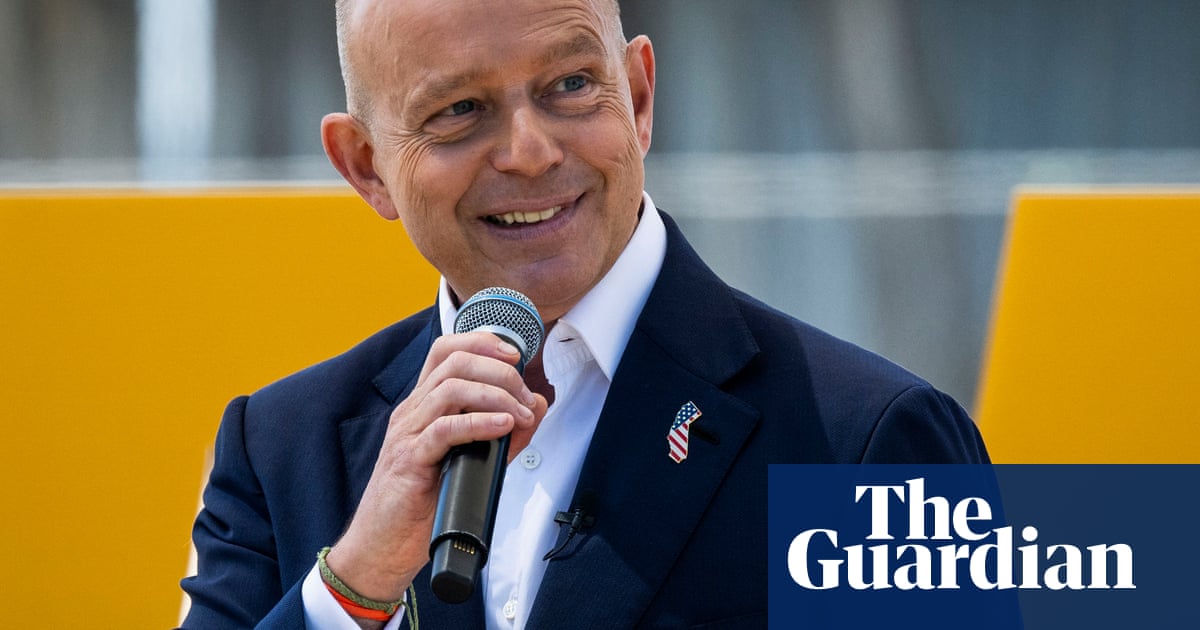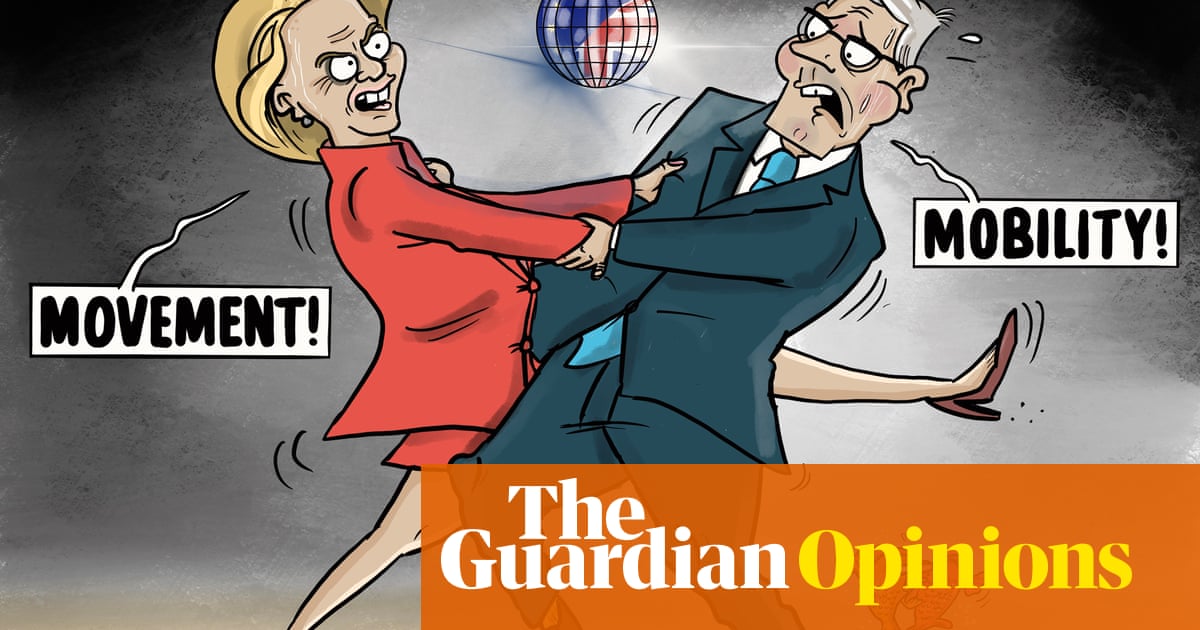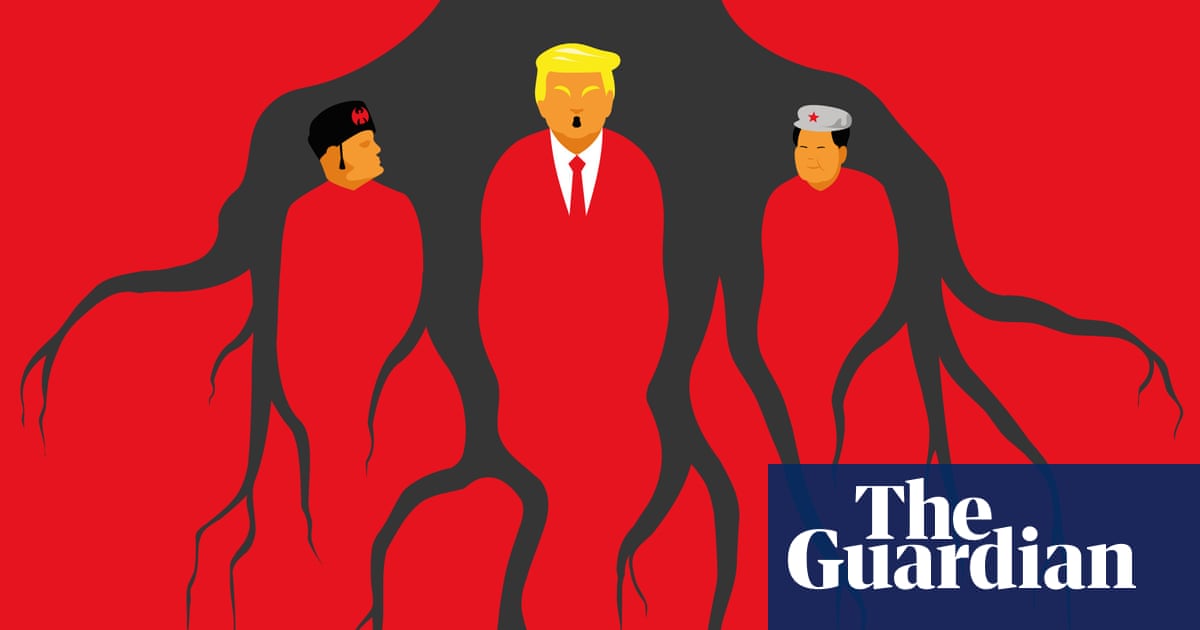Just under a week on from Keir Starmer’s latest pronouncements about immigration, plenty of people on his own side are still gripped by a queasy sense of fury and disappointment, and it shows no signs of fading away. His aides and allies will now try to gladden left-liberal hearts by emphasising gains from Monday’s UK-EU summit, and the prime minister’s remodelling of Brexit. But the acrid cloud hanging over Starmer will surely remain, and with good reason.
Whatever the surrounding context – and whether or not he was consciously echoing Enoch Powell – his suggestion that Britain risked becoming an “island of strangers” still sounded like a horribly calculated provocation. The insistence that the government was set on closing “a squalid chapter for our politics, our economy, and our country” was even more brazen. So was the suggestion after years of “a one-nation experiment in open borders… the damage this has done to our country is incalculable”. That last claim, in fact, might have been the worst of the lot: a shameful example of a prime minister reducing a story replete with complexity and nuance – and raw humanity – to cheap and nasty hyperbole.
Starmer is obviously set on trying to avenge the impression that he is a rather hesitant, dweeb-ish politician by playing the hardman, an act he has brought to his posts on social media: “I’ve already returned over 24,000 people with no right to be here. And I won’t stop there.” And as the resulting anger simmers on, a lot of it is mixed up with a familiar dismay about where the government has ended up. Its planned cuts to disability benefits will soon face a Commons vote, and there is speculation that a huge Labour rebellion could lead to a government defeat. Continued angst about the cut to the winter fuel allowance may yet spark at least a partial U-turn. Many Labour MPs scrabble around for positives, and can find things – school breakfast clubs, VAT on private schools, a rise in the minimum wage – that might get them through the odd interview, but do not neutralise a biting disquiet.
Hanging over everything is a question that has nagged at Starmer and his colleagues since they arrived in office: what is this government here for? Imagine if his talk about incalculable damage and squalid failure were concentrated on the issues that any self-respecting progressive government ought to be focused on: poverty, industrial decline, the UK’s awful class divisions. The idea that we are on the way to becoming an “island of strangers” would work better as a sharp critique of the same inequalities. But Starmer rarely talks about that stuff.
Away from big diplomatic occasions, an administration elected less than a year ago is behaving as if its time is nearly up, and strategy and policy substance must be sacrificed on the altar of desperate electioneering. Starmer seems to hover over his own government, deferring and delegating while setting no coherent agenda. Rachel Reeves, meanwhile, remains in thrall to Treasury orthodoxy: the origin of no after no, in a country that has not heard a significant “yes” in far too long.
To say that millions of people – and places – have yet to see any improvements to their lives might sound impatient; the more relevant point is that they see no sign of any change coming. Stagnation and decline, moreover, are the root of the angry, fearful mood that now eats away at mainstream politics. All those grievances about migrants are not wholly reducible to economic factors – some people, it has to be said, simply have pretty questionable views about human difference – but if the country were in a more prosperous condition, the complaints would surely not be nearly as loud. Faragism is what you get when the established political class seems so bereft of answers that a shameless opportunist is able to swagger into the resulting void, offering his own prejudices as the answer.
But as unlikely as it may sound, it is just about possible to imagine things being at least slightly better. The government has four years of its full term to run. The optimism it catalysed back in July last year may have been very brief, but it was real. In the not-so-distant past, moreover, there were signs that the Labour leadership had plans for something much better than the mixture of half-measures and cuts that has since materialised.
On that score, I think back to the early autumn of 2022, when Liz Truss and Kwasi Kwarteng had tanked the economy, and Starmer was offering a creditably bold alternative. It was all about government leading an economic transformation, and something close to a Green New Deal. At Labour’s conference in Liverpool, he talked about a “modern industrial strategy” built on “a true partnership between government, business and trade unions”. The modern state, he said, could “support businesses to innovate and grow” and “bring in the creative genius of our scientists and universities”.
At that point, Labour was still committed to the £28bn green investment pledge that was killed by Reeves before the election. There was a passage in the leader’s keynote speech that sketched out its vision: “Let’s get clean hydrogen energy in South Yorkshire, in the east of England … Offshore wind in Scotland, Teesside, East and North Yorkshire. Solar power growing rural communities,” Starmer enthused. He promised not just a million new jobs, but training for plumbers, electricians, engineers and builders. Here, it seemed, were the beginnings of answer to the longstanding predicament of at least some of those places in the “red wall”. “And it will all start ,” he said, “within the first 100 days of a new Labour government.”
Some of those ideas live on in the scaled-down policies still being pursued by Ed Miliband’s Department for Energy Security and Net Zero. But they are neither properly funded, nor put at the heart of the government’s messaging, which squashes the idea that a green industrial policy is a matter of improving people’s lives. A fortnight ago, Richard Tice, Reform UK’s deputy leader, responded to his party’s victories in Lincolnshire by announcing its quest to tear down industries that contribute about £980m to that county’s economy and account for more than 12,000 jobs: “We will attack, we will hinder, we will delay, we will obstruct, we will put every hurdle in your way,” he said. In the House of Commons, Starmer recently attacked Reform and the Tories on exactly this basis. So why not boost the policy, and do that all the time? The way to beat these people is not to thieve their lines about migration: it lies in pointing out that a party of nostalgists and chancers has nothing to say about any realistic version of our future.
Since the forced departure of Louise Haigh, the government’s first transport secretary, policy on buses and trains has gone eerily quiet. Even more importantly, the government should go back to its past talk about making social housing the second-most common kind of tenure besides private ownership, and make it real, as a matter of urgency. These moves ought to be bundled up with meaningful devolution, including the fiscal powers that Reeves and the Treasury still refuse to hand down. Then, perhaps, Labour might have a story about the modern UK characterised by something we seem to have mislaid: a vision that is the opposite of all the rage and complaint that now runs riot across the political right.
That same mood seems to have infected a government increasingly defined by its nervousness and lack of imagination. The result is the strange spectacle of a newly elected administration with the most pessimistic understanding of its own prospects – the kind of mindset that, at this rate, will lead not just to defeat for the Labour party, but nightmarish national harm: incalculable damage, some people would call it.
-
John Harris is a Guardian columnist

 5 hours ago
5
5 hours ago
5



